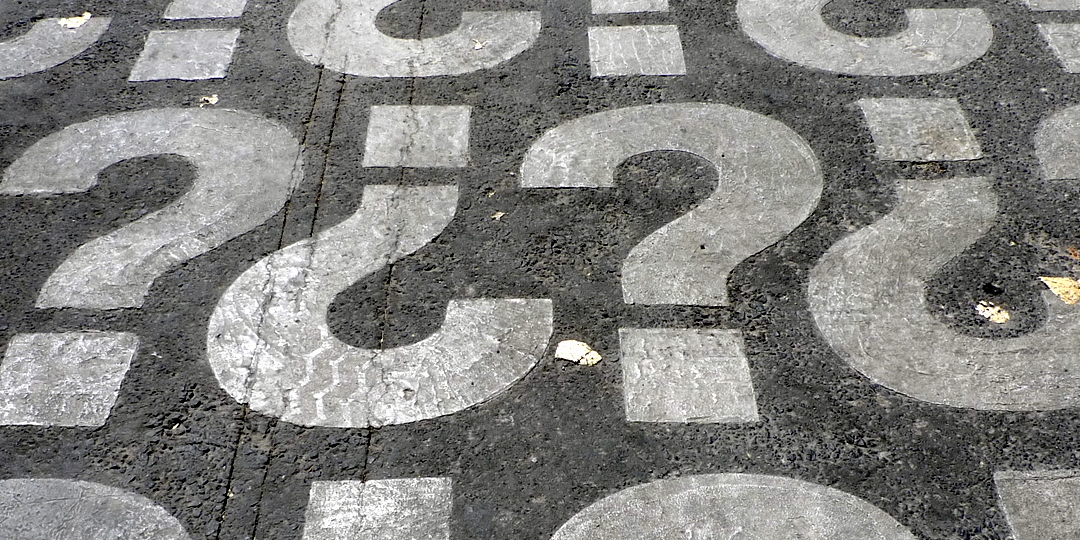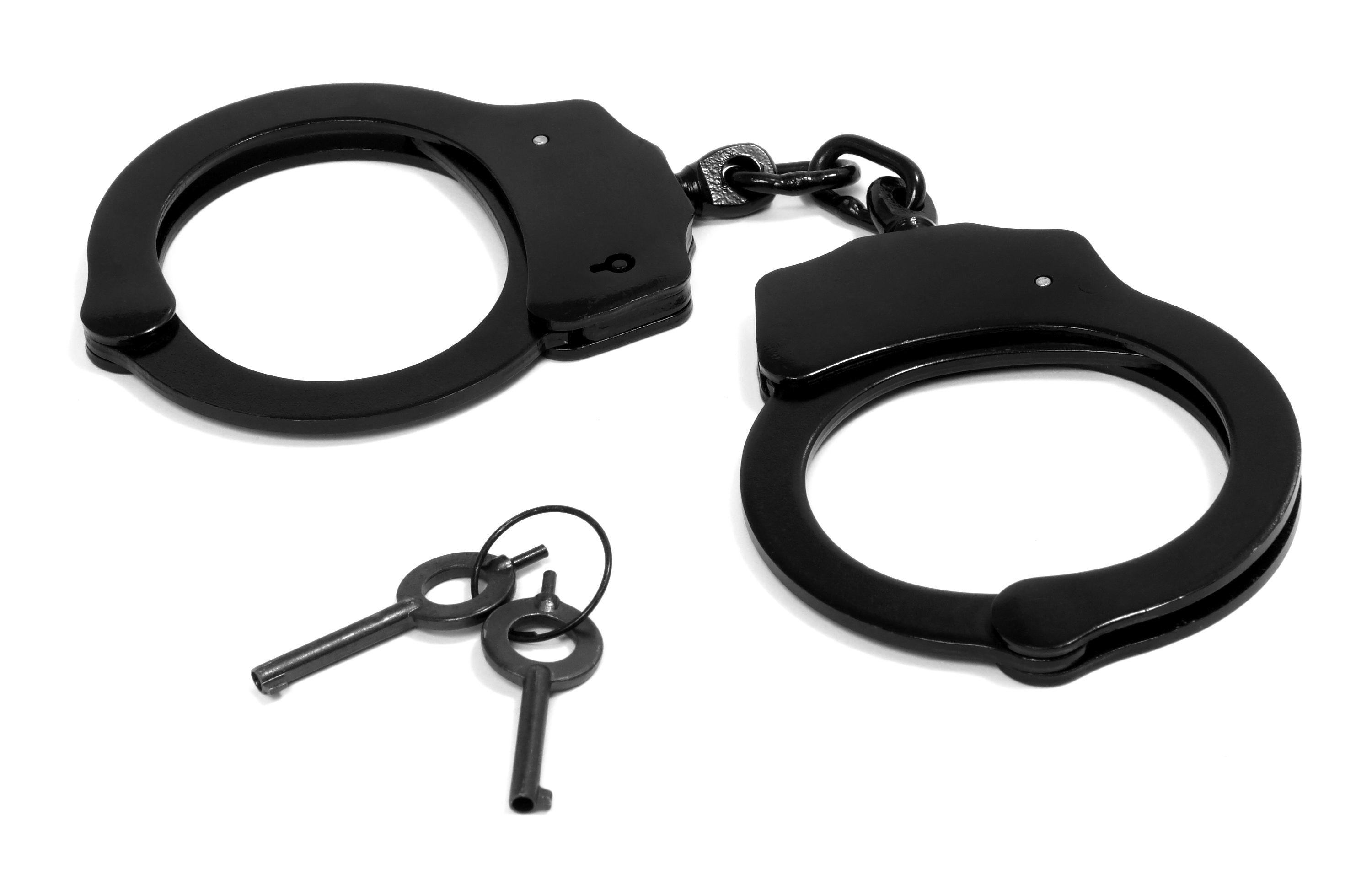
Q. What's the difference between free software and open source, anyway?
A. Free software and open source are almost the same thing. Almost.
Free software and open source both mean software everyone can use freely, study, share and improve. With very few exceptions, an open source program is also free.
The differences between the terms have to do with their history and what people want to achieve when they use them.
The free software movement began all the way back in the 1980s, when Richard Stallman started the GNU project to give people a free alternative to UNIX, an operating system popular at the time. From the beginning, GNU set out on purpose to change how people thought about their right to share software, help each other and be in control of their computing.
Open source began in the 1990s. Back then, writing software like GNU or Linux in public over the internet was a new and exciting thing. Lots of people thought writing software in the open would result in better programs. They wanted to encourage businesses to either use free software or free the software they owned and write it in the same way. They thought that all this talk about what companies might owe to users would scare them away. It was decided they would need a new term to separate themselves from free software activists. It'd be even better if they could get rid of the confusion over 'free as in speech' and 'free as in price' at the same time. 'Open source' is the name they came up with for themselves.
It's been almost 30 years since people started talking about open source. After so many years, the differences have become a bit blurred. Today, many people use "open source" when they're talking about users' rights and say they support 'FOSS' -- free and open source software.
Whether you call it 'free software' or 'open source', software freedom is a good thing.
Still, 'open source' has its downsides. Because the term was made up to appeal to them, businesses are happy to misuse it when it suits them. Plenty of 'open source' software is nothing of the sort. And sometimes it can be hard to figure out how much someone who talks about open source cares about people's freedom.
'Free software' doesn't have these problems. When people talk about free software, you know what they care about. I talk about free software because I want people to know I'm for sharing software, freedom and helping each other. I hope you'll join me in talking about free software, too.
External links:
The GNU Project: Richard Stallman talks about starting GNU in his own words.
Free software and open source both have careful definitions. You can find them here:
Q. Why do some people use the word 'libre'?
A. Sometimes people think the 'free' in 'free software' means 'no cost'. This is extremely annoying if you're writing about software freedom. Speakers of some languages don't have this problem.

In French and Spanish, they're very lucky: they have different words for 'free as in free speech' (libre) and 'free as in no money' (gratis). People talking about free software in English sometimes borrow from these languages to make it easier on themselves.
Q. Why do some people try so hard to avoid non-free software? Do I have to?
A. People go out of their way to avoid non-free software for lots of reasons. Some people love the idea they can share free software; others really hate the thought of someone else controlling their computer. People might also want to set an example or make opportunities for them to do some activism.
All of those are good reasons. Still, you shouldn't worry if you feel like you're being forced to use non-free software. People know it can be hard to change, especially if you have no one to help you or if someone else is making rules about what you're allowed to do.
Anything you can do to start freeing your devices counts, no matter how small. In the meantime, keep reading Libre!. In later issues, we'll talk more about getting rid of non-free software from our lives and advocating for our right to choose freedom.
Q. Why should I use free software, when non-free software is better?
A. It's true. Sometimes, free programs really can't do everything you want or they have annoying bugs. Often, this is because free software developers don't have enough help or money to do a better job. Some free software programs are made by people working alone in their spare time; others are made by small teams of volunteers.
But sometimes this is because proprietary software companies have gone out of their way to make it impossible for free programs to do the same things. This could be because features are patented, because the details about how something functions are secret or because the developers of non-free software keep changing their programs so others can't write their own software to work with them.
But even when free software is missing a feature or has a problem, it's usually just a mistake. Non-free programs, on the other hand, are often out to harm you on purpose. They usually contain features meant to use your computer against you: they contain ads; they restrict what you can do; they spy on you. Free programs don't do those things, or if they do people can fix them.
But maybe there's a more important reason. When you choose proprietary programs over free software, you're helping software companies hurt everyone. By choosing a non-free program, you're agreeing not to help or share with others.
It can be inconvenient to choose freedom. That much is certain. But what's also certain is that non-free software turns us away from the people we care about and poisons our ability to help each other.
External Links:
An artificially complex XML schema as lock-in tool: The Document Foundation, which supports the development of LibreOffice, talks about how Microsoft makes Office documents hard for free software to read.
Q. Do I have to be good at programming to be part of free software?
A. No! Free software is for everyone. You use computers; you're affected by how others use them. You deserve a say in how they work for society.
No matter who you are, you have something special to give free software. Free software also needs writers, translators, artists, organisers, teachers, helpers and advocates. There are so many ways to help and they're all valuable.
It's not just your skills you have to give free software, but your wonderful and unique self, too. You're the only person who's lived your life and who'll ever see the world the way you do. Maybe you have a special insight into free software other people haven't thought of yet. Who knows?
Q. It's just computers. Why does it matter so much?
A. Computers are important. That little device you carry in your pocket or tuck into your backpack knows things about you not even your closest friends and family do. If you're like most people, you'll spend hours a day on it. You'll get most of your information and entertainment through it and it'll be the only way you connect with some of the people you care about. Whoever decides how that device works can manipulate you into making choices for yourself you might not make otherwise.
The stakes can be very high. Computers are involved in everything we do. They can easily be used by the powerful against us.
In many places around the world, people's right to speak or live freely are in danger. With the help of non-free software, computers are used by such regimes to control people. For example, Apple works with the Chinese government to stop their citizens from installing iPhone apps that would let them talk about human rights.

Even people in countries that are better at defending human rights are not immune to being seriously harmed by technology. In the UK, the Netherlands and Australia people have had their lives ruined because of faulty computer programs used by their governments. They've lost their children, been bankrupted or sent to prison for crimes they didn't commit. Justice for them was delayed or denied because people couldn't examine the programs and hold their governments accountable until it was too late.
External Links:
Apple’s censorship in China is just the tip of the iceberg'
'Robo-justice': What is 'robodebt' and how will a royal commission address it? (warning: contains mention of suicide)
The Robodebt findings have been handed down – what happens next and who was deemed responsible?
Dutch child benefits scandal led to thousands of forced family separations, report finds'
Post Office Horizon scandal: Why hundreds were wrongly prosecuted
